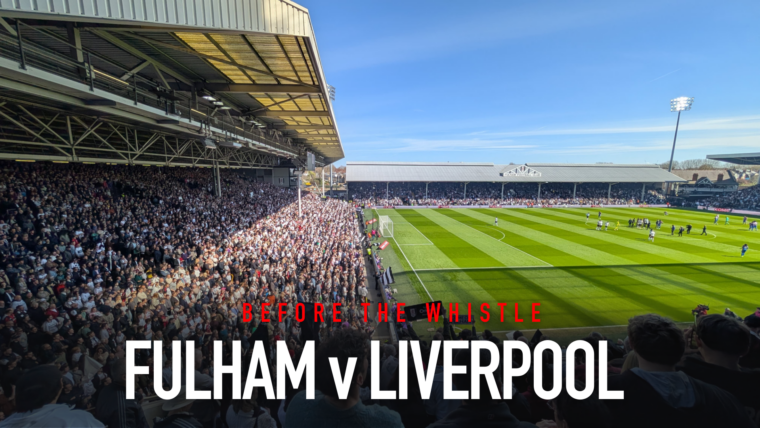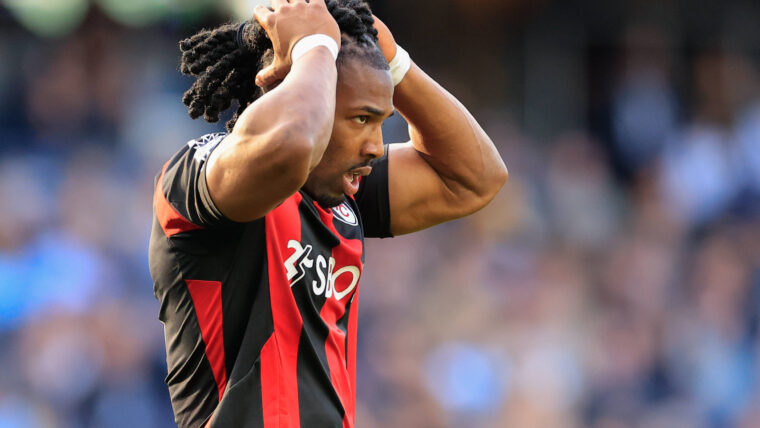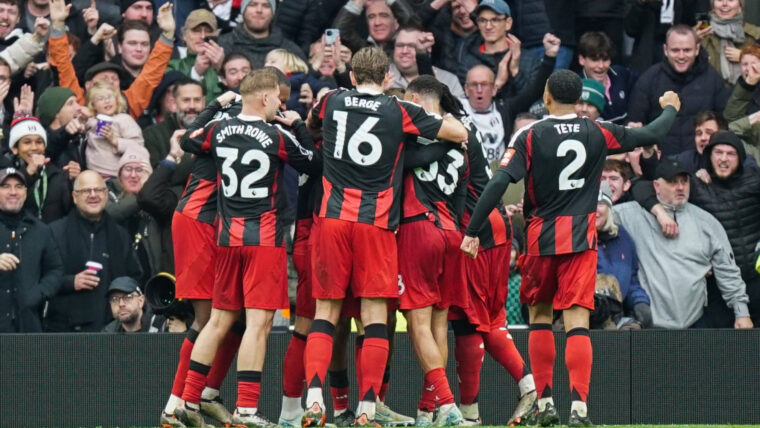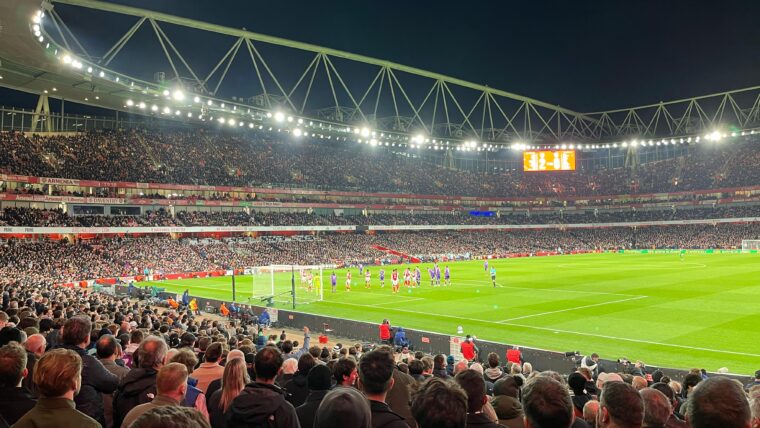FFC World Cup Watch: Window Shopping II
Written by Jack J Collins on 7th July 2018
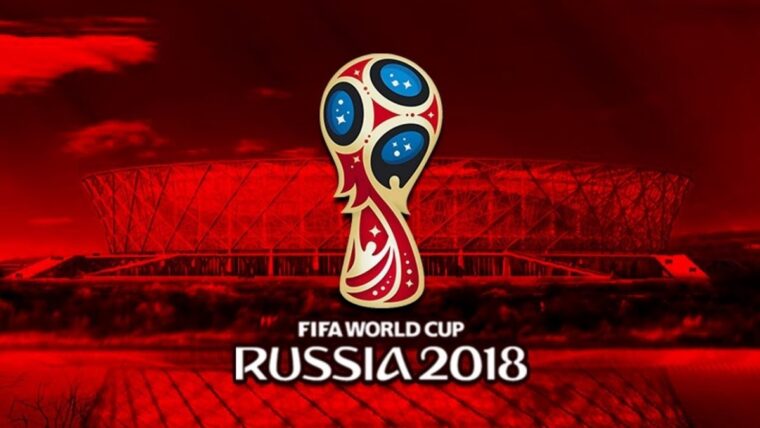
The second matchday of a World Cup is always the most crucial, it’s sink or swim time. Some countries hopes and aspirations will be dashed, early flights booked and others, like Japan, will be ecstatic that they have exceeded their own expectations. So, who stood out for our man Ben Jarman in the third week the World’s biggest tournament. Who could we see arriving at Craven Cottage before the season starts.
Wilmar Barrios – Colombia
Colombia caught the eye with a hugely impressive win over a Polish side who looked devoid of ideas and quality. Whilst Juan Fernando Quintero took the headlines with a wonderful performance, it couldn’t have been accomplished without the workmanship of Barrios behind him. Currently playing in Argentina with Boca Juniors, Barrios has been a much-mentioned name in South American football for several years and has finally gone on to realise his potential.
Barrios’ development in to a mature, ball winning central midfielder has been remarkable, especially in a cauldron like environment such as La Bombonera. His tireless performances and quality distribution set Barrios apart from his peers – demonstrating both of those attributes and a magnificent sense of positioning against the Poles, that enabled Colombia to stamp their authority on a match that looked as though it could have been a major hurdle for Los Cafeteros. Barrios could be available for around €12-17M, which in today’s market is good value for a 24-year-old with great potential.
William Troost-Ekong – Nigeria
A little known fact about Troost-Ekong is that he started his football career as a teenager with Fulham before moving to Tottenham Hotspur. More recently, Troost-Ekong has found himself playing in Turkey for Bursaspor, impressing massively in his debut season. Nigeria managed to secure a vital win over a tough Iceland side, and their manager Germot Rohr made significant changes to make the Super Eagles fly once more. Reverting to a three-at-the-back formation that they tested against England, Ekong and his defensive line shut down Alfred Finnbogason with ease.
Playing as the middle centre-back, Ekong shone with a wonderful passing range that so often set Nigeria on the front foot, giving them the initiative to counter-attack at speed. His accuracy when passing through the thirds was crucial to Nigeria’s rhythm and it was his intelligence with the ball that provided a platform for the Africans to impose themselves on the game. Ekong’s arial presence killed off the threat they Finnbogason posed, and it wasn’t until Sigurdsson’s last minute penalty that Iceland really looked like scoring. Another 24 year-old with a bright future ahead of him, Ekong may be available for around £12M.
Nordin Amrabat – Morocco
Morocco had their dreams shattered by Portugal, as Cristiano Ronaldo’s header in the 4 th minute left the Lions of the Atlas Mountains ruing their lack of a striker. That being said, the North African’s all-round play has been a joy to watch, with Amrabat at the heart of the majority of all the positives. At 31, Amrabat might be outside the quota that Fulham have set in terms of signing players, however his performances in the World Cup and on-loan at Leganes this season have been particularly encouraging.
Despite his slightly advancing years, Amrabat shows no signs of slowing down, particularly in wide areas – essentially ending the careers of both Raphael Guerreiro and Cedric Soares in one game with his wonderful ingenuity and direct running. Amrabat’s tactical flexibility is certainly an asset that can be utilised, showing the ability to play at right-back and as a support striker for Morcco and Leganes. The only asset that Ambrabat dearly misses is the ability to score, despite creating a number of chances for himself every match. Sone Aluko? Is that you?!
Daniel Arzani – Australia
It is not often that you introduce a player that isn’t from South America as a street footballer and a futsal player, but that is exactly where Arzani’s heritage lies. Born in Iran before moving to Australia at the age of 6, Arzani has had to fight throughout his life for the success that he has had thus far. After being introduced as an 84 th minute substitute against France in matchday one, Arzani become the youngest Australian to play in a World Cup at 19 years of age. His introduction against Denmark gave the World a snap-shot of his ability.
Arzani’s quick speed provided an impact that Robbie Kruse and Matthew Leckie couldn’t, and although Leckie has proved to be an influential figure for the Socceroo’s, Arzani offered much more than the limited Kruse. His background in futsal showed as his close control in both tight areas and at speed pinned Denmark back, opening spaces Australia hadn’t been able to before his introduction. Both of his substitutions have offered Australia imagination in the final third, something that the Socceroos were desperately lacking. Playing for Melbourne City, it looks likely that Arzani would sign for Manchester City, however could be available on loan or similar should he arrive in England.
Youssouf Sabaly – Senegal
If there is one player who has set a high standard in both his first two matches at the 2018 FIFA World Cup, producing two near-perfect displays, it is Senegal’s Youssouf Sabaly. His presence down the left-flank has offered Senegal vital protection in a potentially the toughest group. Coming through PSG’s famed academy before finding his feet in Bordeaux, Sabaliy has been playing on both sides for his club side and hugely impressing.
His coach Aliou Cisse sung his praises when interviewed by FIFA remarking on his ability to find space and to exploit it accordingly, but most impressively demonstrating how important it is to have a close relationship with the winger. Modern full-backs are arguably the most important player in the game as it currently is, and Sabaly showed that against Japan with his shot being spilled to Mane before his Zidane-esque pirouette and pass to Moussa Wague set-up their second. Sabaly’s pace and wonderful crossing ability are the two biggest factors to becoming a powerful weapon at full-back, and his impact on Senegal’s World Cup has been unmatched by some of the bigger stars in the team such as Mane. Sabaly has been linked with a number of teams across Europe, but looks set to cometo England over the summer.
Stay tuned for more World Cup Watch next week as we take a look at the final round of games.
